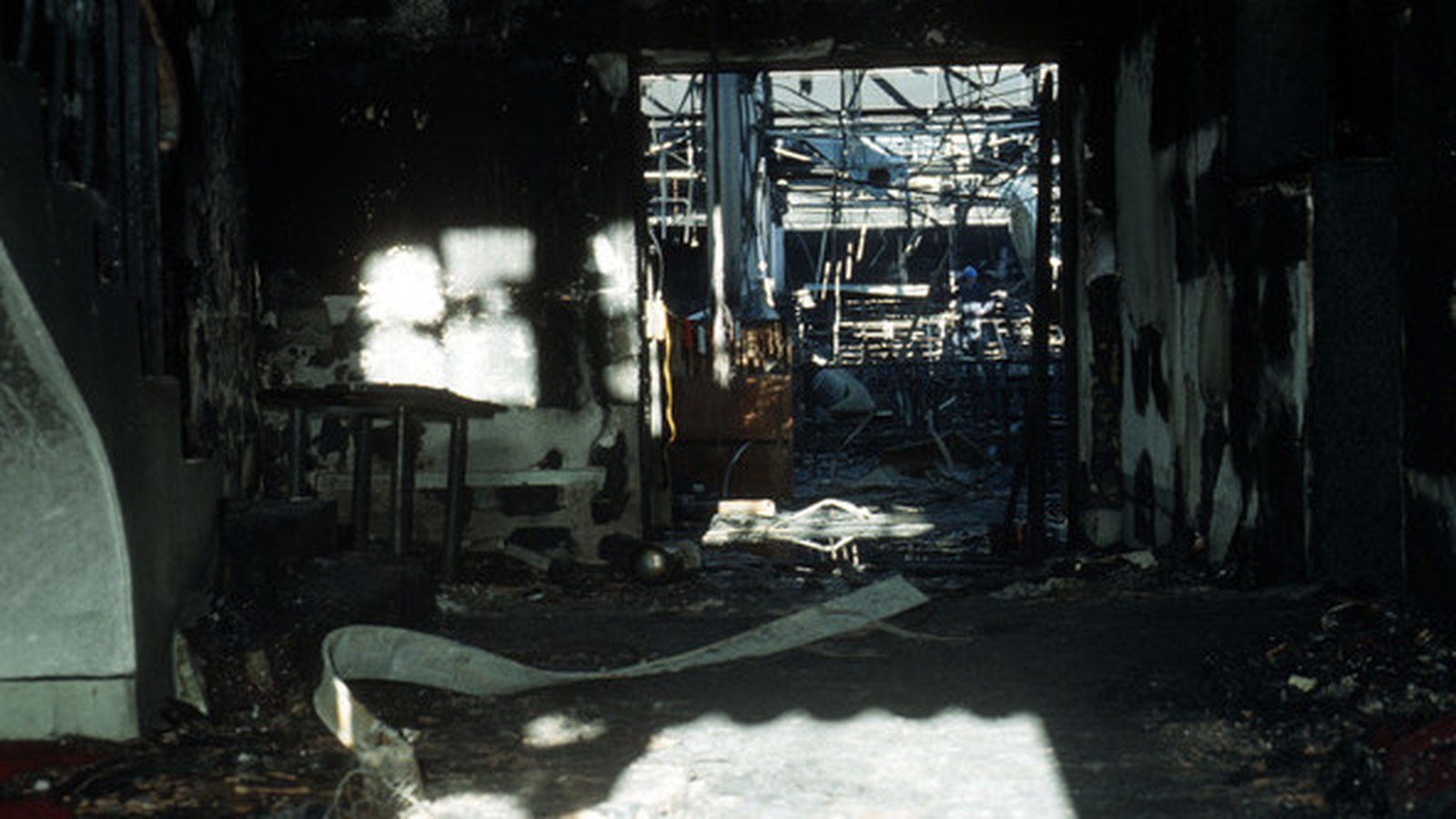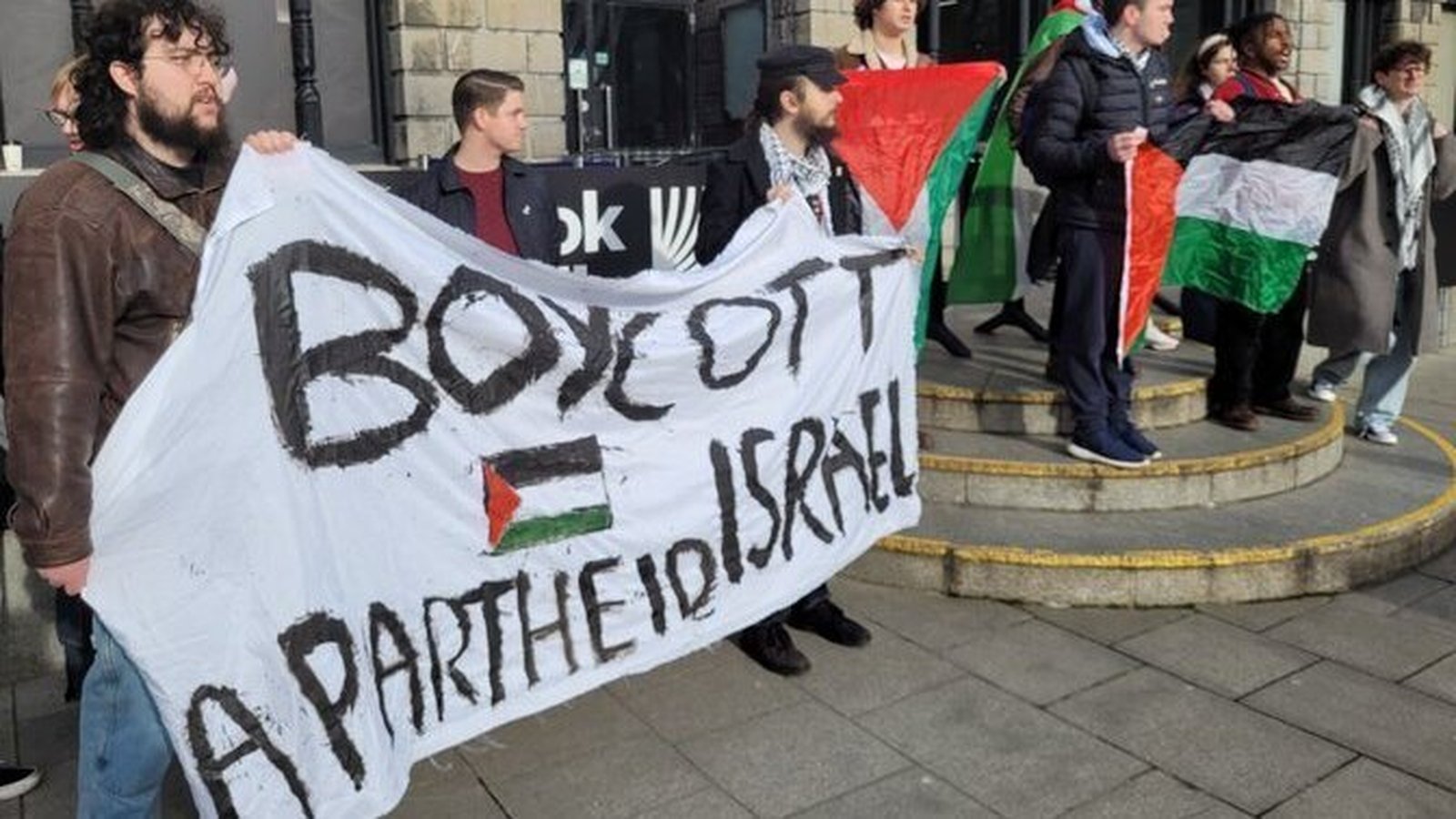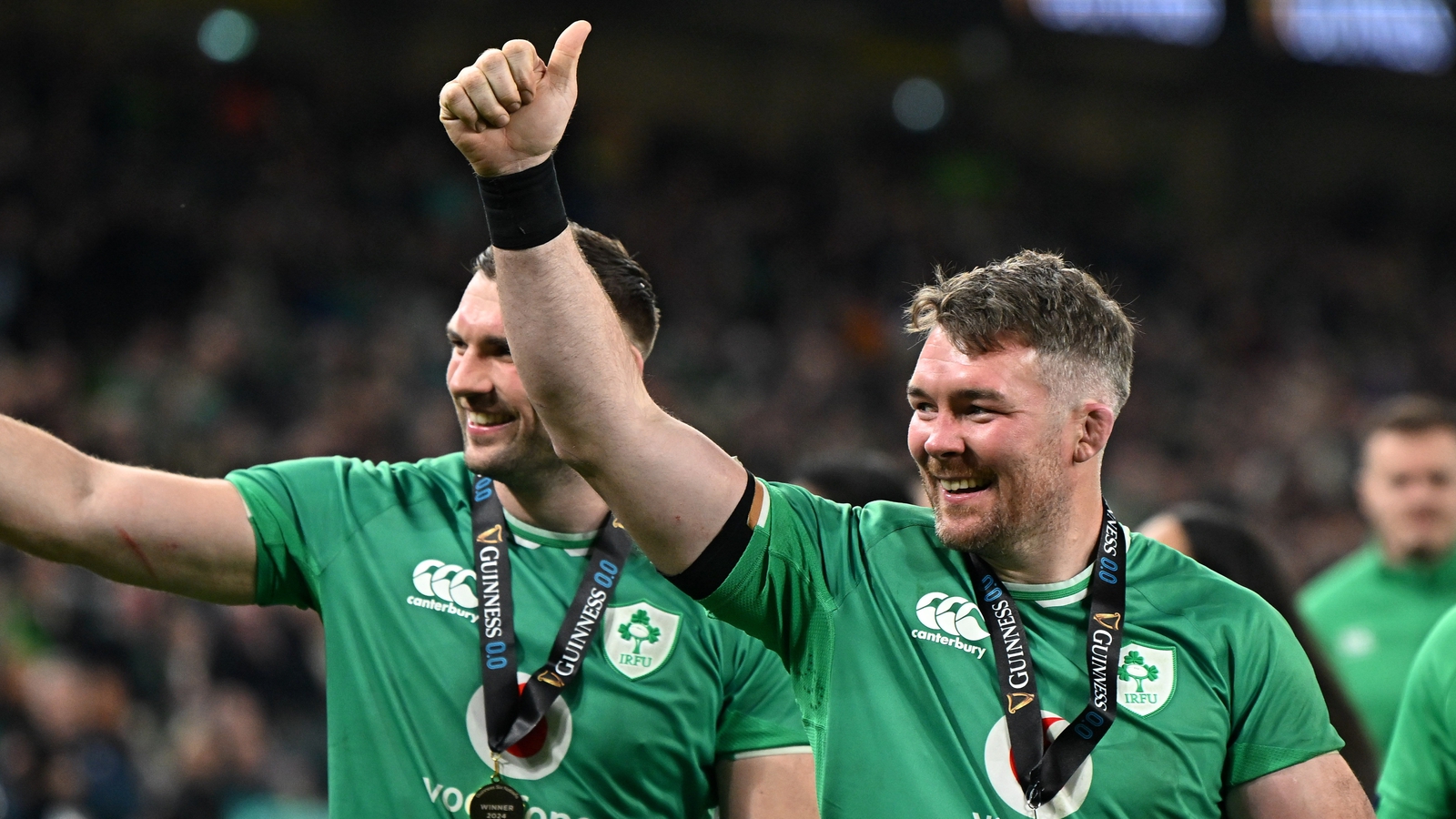Campaign group calls for local election gender quotas
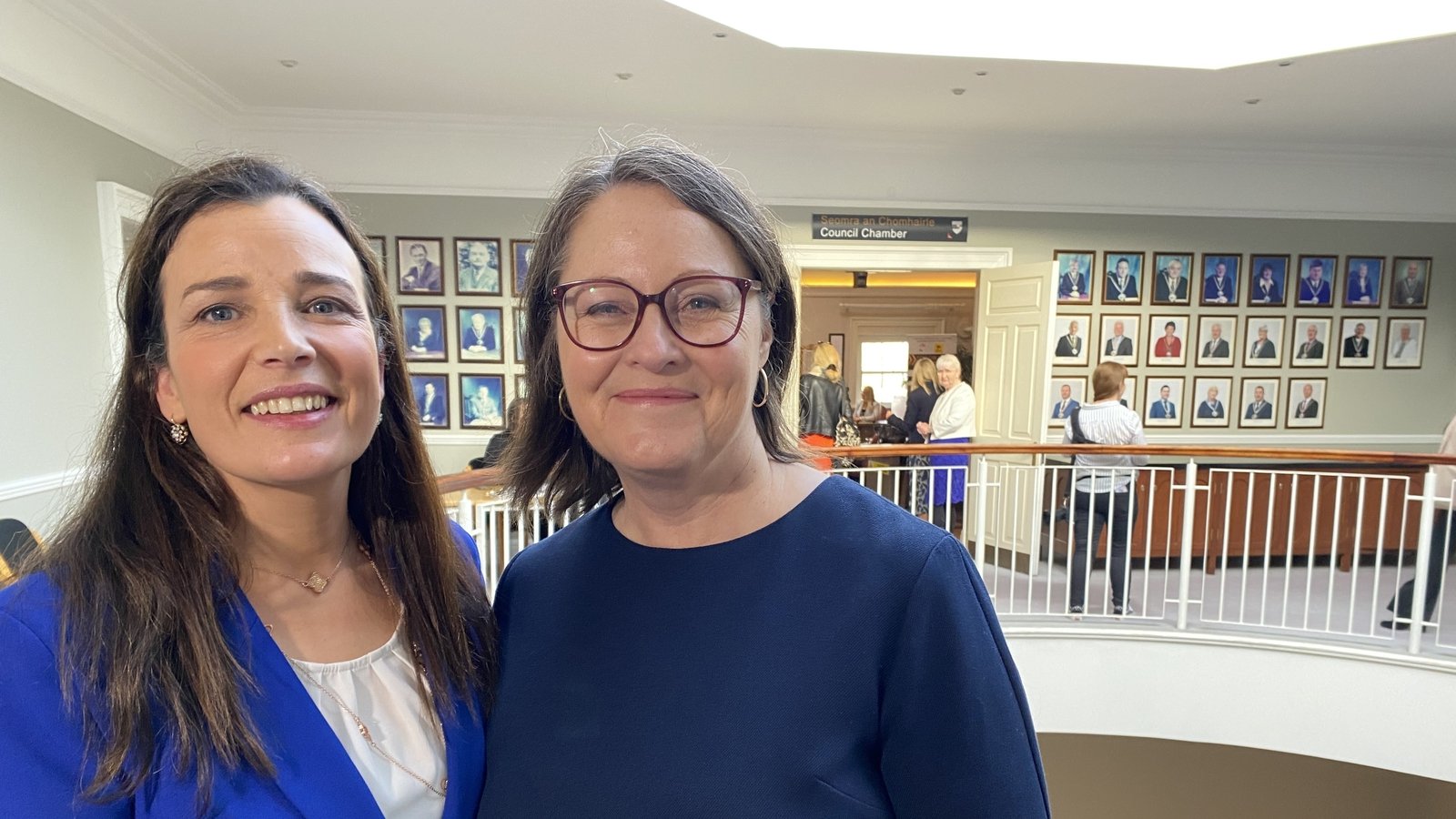
An organisation which promotes more involvement of women in local and national politics has called for the introduction of gender quotas for local elections.
See Her Elected (SHE) held a conference in Kilkenny this week to coincide with International Women’s Day and to discuss the various challenges associated with getting more women involved in politics.
Despite it being well over a century since women became entitled to vote and entitled to run for national and local elections, representation of women in councils and parliament houses remains low.
At the moment, 26% of councillors across the country are women while 22.5% of Dáil seats are held by women, and 40% of Seanad seats.
In several counties – Carlow (2/18); Longford (2/18); Mayo (2/30); Monaghan (2/18); and Offaly (2/19) – there are just two women members of the local authority while the number goes up to 31 out of 63 in Dublin City; 19 out of 40 in Dun Laoghaire-Rathdown; and 16 of 40 in South Dublin.
The longest continuously-serving record on a county council by a woman is held by Mary-Hilda Cavanagh in Kilkenny who was successfully elected in 1974, at the age of 23. “I still remember the Kilkenny People column when I was first elected – ‘Girl Wins at First Attempt,” she said this week.
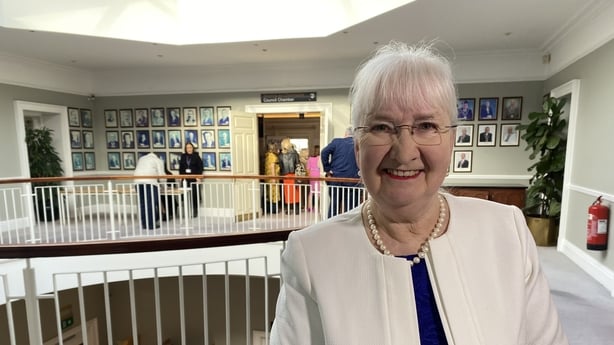
In many ways, little has changed when it comes to women’s representation, she said. “Women didn’t put their names forward, I don’t really know why. They’re still not doing it, very few lady candidates are standing in Kilkenny. Much more so in Dublin. It takes a lifetime to change the cycle of, it’s a man’s world in politics. We always thought politics was a place where men were elected and ladies didn’t put their names forward. It wasn’t my experience, I was bottom of the pile in the first count [first time out] but I got transfers from all over the place and got elected, much to my own surprise.”
She said that’s been her greatest achievement, “people put their faith in me in 1974” and at every local election since.
One of the off-putting factors has been the rise of social media and the abuse levelled at some in politics, she said. “I think social media has [had an effect]. I have Facebook but I use it just to wish people a happy birthday, I don’t put anything else on it. I don’t like being ridiculed, I have heard some nasty comments about myself but I don’t take them to heart because I believe that if people want to say something they should say it to your face.
“I think some people take it too personally and it is very difficult. But it’s also very difficult if someone insults you to your face as well or accuses you in the wrong or whatever, but I think that women in particular are targetted which is very, very regrettable because that’s what will keep women out.”
But having said all that, if anyone is thinking of running for election – “just got for it,” – Ms Cavanagh said.
Chairperson of the Irish Traveller Movement, Helena Power, said that when it comes to female members of minority groups such as the Travelling community or migrants, it’s even more difficult to achieve electoral representation.
“I think it’s difficult for women in general, as we know we’re fiercely under-represented in the Dáil and places where politics are really central. I think that when you speak about Traveller women or women from minorities, unfortunately there are more barriers there for women to enter politics because of the daily struggles and challenges that they face in their daily lives before they would think about entering politics or going down that route.”
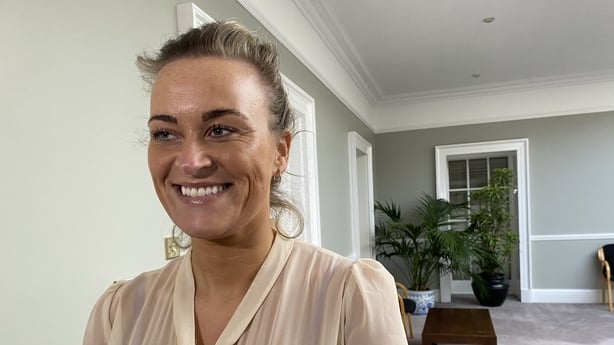
The fact that Eileen Flynn became the first Traveller woman to be elected to the Seanad, four years ago, told its own story, she said, while Ms Power isn’t aware of many Traveller women planning to stand in June’s local elections.
But that could be where organisations like See Her Elected, this year in particular, could come in. “It’s very timely to have those conversations. I really think its around education and awareness around women. We all have this view of politics as being very hard-line, but it would be great to get Traveller women from Traveller women from minorities having a better idea and understanding of just how much acceptance I suppose needs to be had there for politics and to run in political roles.”
Her advice: “Make yourself a little bit more educated and aware of the political system and just how it affects you in your daily life. I really think that it would be fantastic to see some diversity within politics. We’re using buzzwords now such as inclusion and equality but really to see that we really need to see it at the top tables and that is to be involved in politics that’s making decisions for our daily lives as well.”

